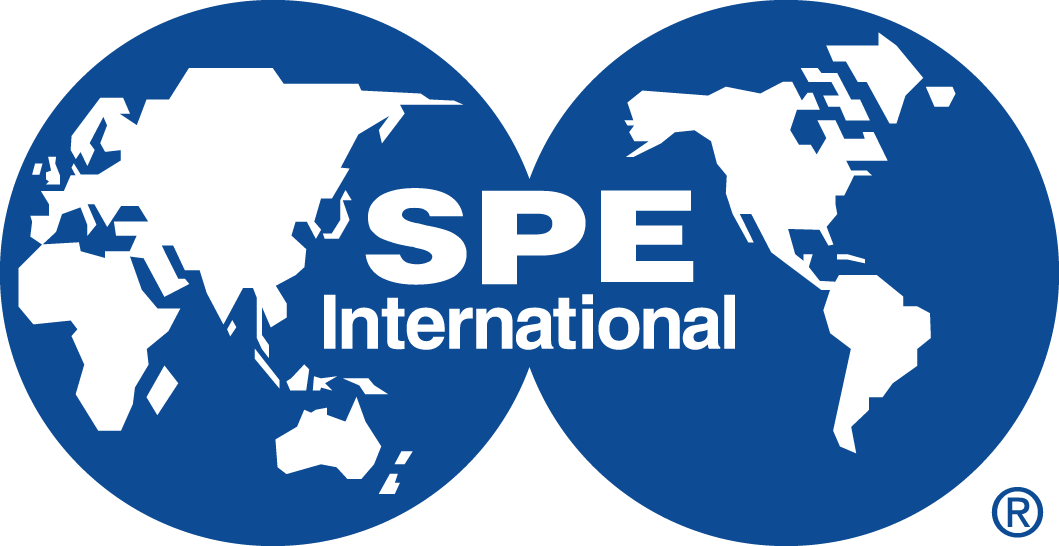Agenda
Monday, August 16
An understanding of the basic Eagle Ford development history is informative when planning for the future as the play matures and inventory in the traditional core decreases. Increasing development of child wells, step-out acreage, new zones, and other developing technologies require leveraging the past to provide resource upside and maintain competitiveness. Session 1, "Learning From the Past" will be organized into three sessions:
- “Early Development Decisions” will focus on initial acreage capture, data gathering strategies, infrastructure, and pace of development.
- “Development and Operational Strategy Evolution ” will discuss high level metrics, trends, and drivers for play performance over time.
- “Completions Technology Evolution” will focus on the evolution of completion designs and strategies from early vintage wells to current.
Wednesday, August 18
According to the Texas Railroad Commission, most wells in the Eagle Ford were drilled between 2008 and 2015. Since that time, many infill wells, along with new parent wells, have been drilled with next-generation completion techniques. Likewise, surface facilities have changed over the years to reduce costs and artificial lift systems have been employed to extend the producing life for older wells. Recently, some operators have been turning to enhanced oil recovery (EOR) methods, such as miscible gas injection, to boost production. This history provides context for the main theme of this session, which is how to improve existing operations and productivity for the many existing wells in the Eagle Ford. This session will discuss:
- Methods to boost productivity, such as refracturing and gas-injection EOR
- Artificial lift systems and their performance
- Surface facility challenges that can be addressed to improve operation efficiency
Monday, August 23
It is a widely shared belief among many stakeholders that the remaining potential of Eagle Ford will create many future development opportunities, in both liquid-rich areas and beyond.
This session is dedicated to the discussion of such development opportunities. The focus of the discussion will be primarily on, but not completely limited to, the following areas.
- Spacing/stacking/protecting the parent in the development of new leases - technologies, operational challenges and reservoir management
- Completion strategy - novel ideas, new technologies
- Enhanced oil recovery planning for new leases - new ideas, new technologies, integration with facilities
- Low carbon future - flaring and emission reduction, leak detection, novel ideas for renewable sources of energy for field operations such as enhanced geothermal and solar/wind
Wednesday, August 25
The fourth and final session will focus on the use of big data in the future of the Eagle Ford. Asset teams across the Eagle Ford have collected vast quantities of data, from second by second downhole pressure data all the way to monthly pressure volume temperature (PVT)-adjusted and allocated volumes. Core has been cut and logs interpreted. The question - what do we do with this data? Our three expert discussion leaders will focus on the pillars of modern data interpretation.
- the big data force that is “data analytics"
- the reservoir engineers’ eyes into the formation “rate transient analysis”
- the physics-based, central processing unit/graphic processing unit (CPU/GPU)-accelerated “reservoir simulation”
We will discuss how these key tools can assist with decision making in the data dense Eagle Ford and, crucially, how these tools interact and complement each other.

